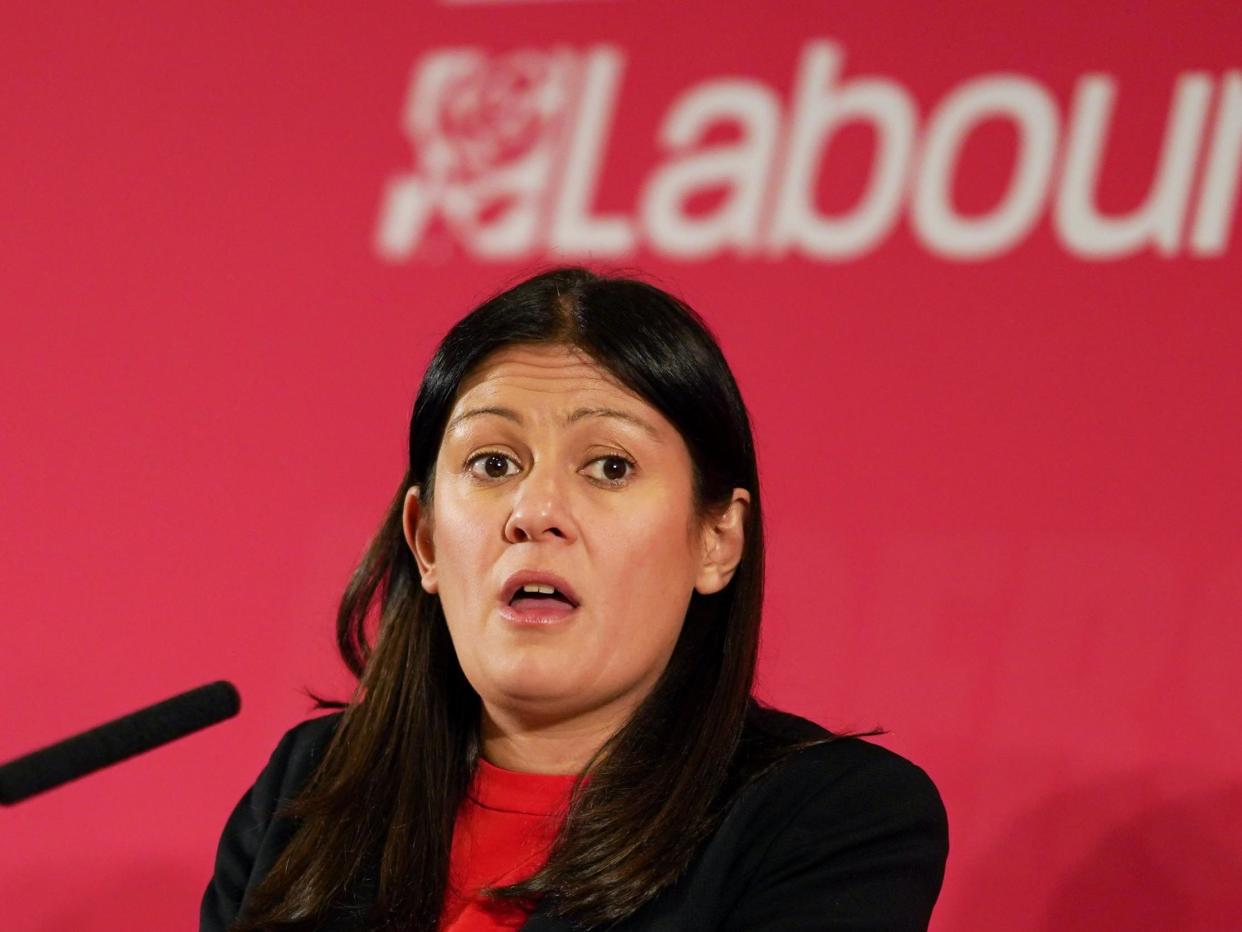Lisa Nandy's latest promise is straight out of the Thatcher playbook

Lisa Nandy claims she “would have the courage to listen” to voters’ concerns about immigration, while arguing that Labour should make the case for freedom of movement. Nor was she alone in this balancing act: Keir Starmer attempted something similar on the Today programme yesterday, pledging to scrap the government’s salary thresholds for immigrants, while insisting that concerns weren’t “misplaced”, and that Labour should “listen” even as it makes the “positive case” for immigration.
Nandy’s apparent inconsistency, which has sparked controversy among members, isn’t more of Labour’s notorious triangulation on immigration – it’s a symptom of the contradictions inherent in listening.
To win power again, Labour needs to resolve what it means by listening, and learn news ways of doing it. The lessons are in the past – though in an unlikely place.
Nandy’s appeal to listening at a time of disaffection is reminiscent of Margaret Thatcher’s winning leadership campaign of 1975. Thatcher, also the underdog in the race, set out her stall to her local Conservative Association chair at a parallel moment in her party’s history. After two shock election defeats, the Party would only win back trust, she argued, by “listening” to voters.
For Thatcher, listening was a means to “securing acceptance” for her radical economic programme. Labour must follow her lead if it is to effect radical change of its own.
Like Nandy, Thatcher heard the nationalist overtones of British social conservativism. She gained legitimacy for the new spirit of free-market capitalism by yoking its tenets of aspiration, meritocracy, and entrepreneurialism to traditional cultural values. This uneasy alliance was held together by increasingly authoritarian practices, combining state-imposed economic technocracy with punitive treatment of minorities and immigrants. It was unsustainable because free-market policies, with their emphasis on individual betterment and competition, gradually eroded the collectivist experience of society.
Labour will encounter similar paradoxes if it tries to meld “legitimate concerns” about immigration with an economic programme of public ownership and municipal socialism. The two will work against one another, and the authoritarian undertow on issues of migration and security will be hard to resist. Especially since Johnson has already shifted away from austerity towards greater state intervention and spending, Labour simply cannot compete on this terrain.
How can Labour address the increasingly dramatic rift between the liberal cultural values of its supporters and the greater conservatism of those it needs to win back? Claiming to listen while also “making the argument” is a recipe for disaster.
What’s needed to get Labour’s fragmenting coalition singing from the same hymn sheet is nothing short of a democratic revolution . The Green New Deal is one tune that might fit the bill, responding to desires for better working conditions and quality of life as well to productivity, environmental and democratic crises. Away from wonkish economics texts, Labour must listen for these strains in the everyday struggles of working people.

 Yahoo News
Yahoo News 
